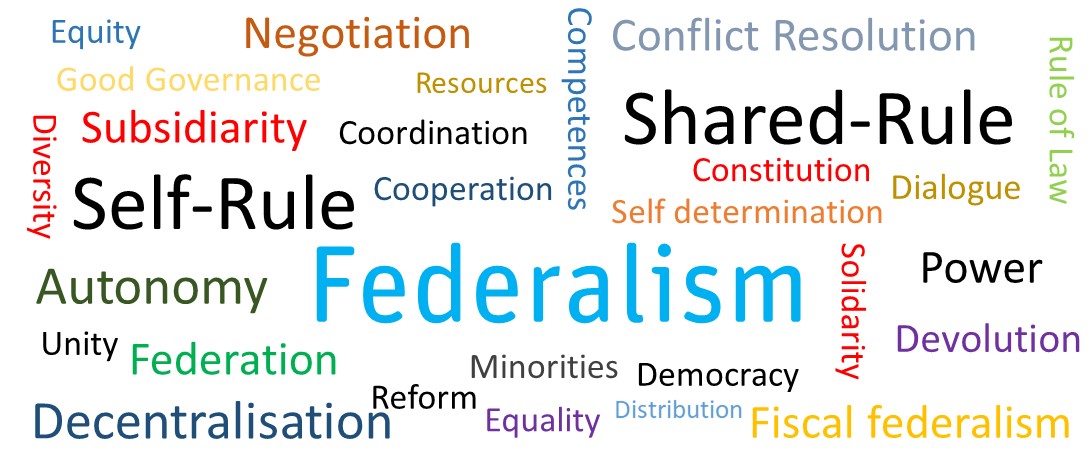Abstract
Multiple territorial identities reflect the sedimentation of shared loyalties and political aspirations through the various levels of government. The ‘Moreno question’ was set according to a scale of five categories, which provide data on levels of identity belonging, intensity and sharing in contexts of political duality. After briefly discussing the ‘Moreno question’, this contribution analyses the implications of sub-state identity polarization concerning secession in the case of Catalonia and Spain. It concludes by noting that social cohesion is regarded as a desirable aim to be achieved depending not only on the politics of recognition but also on government institutions as facilitators of social trust.

